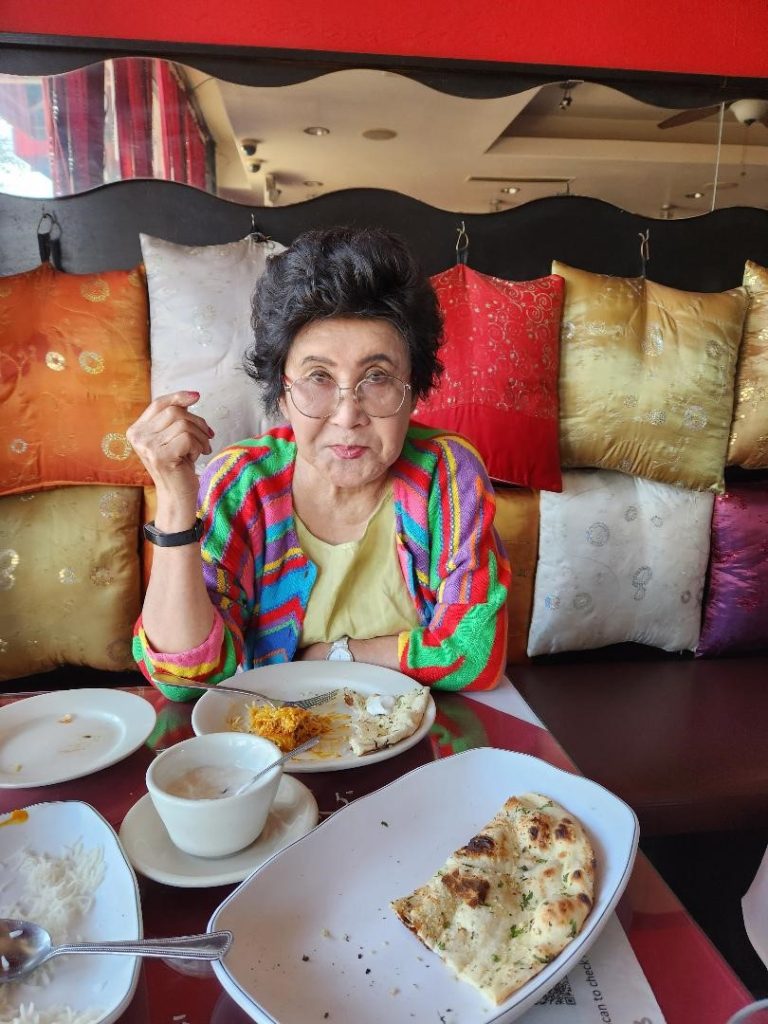
This blog is about trust, which is the bedrock of any relationship, but especially a therapeutic one. Trust is based on observation, intuition, gratitude, and open communication without excessive coercion.
Most of what I do is try to manage expectations and communicate with patients. In my over thirty years as a clinician, I’ve learned that there is no such thing as a truly “informed consent” since facts, science, interpretation, and bias play such crucial roles when it comes to information and consent.
For some patients, there is a high level of mistrust. This can be from any combination of bad experiences, childhood trauma, neuroticism, ongoing mental illness, and knowledge deficits. When a patient brings high levels of mistrust, as people and clinicians, doctors naturally want to decline entering a therapeutic relationship because intuition tells us that any positives will be seen as incidental to whatever they are already doing and any lack of response will be attributed to the costly treatment. You can probably save the life of certain customers with the Heimlich maneuver and they would still only tip 5%- it is just in their nature.
A while back, we discussed Bob, who continues to have impressive gains in circulation, nerve function, and now motor function after two exosome treatments. We speak often and he often cites the reason he decided to trust me was my video on “unhappy patients”. In it, I discuss attribution bias and people generally being unable or unwilling to give credit where it may be due.
With hindsight, Bob is 100% convinced that his legs are better and for that, we are both grateful. But if we are being honest, even if we have incurable conditions for which there is no known remediation, the return to relatively normal function feels like a return to our normal selves rather than a reversal of a chronic, progressive, and incurable disease. In other words, people all think of themselves as happy-go-lucky 18-year-olds even if they’ve had hip pain for thirty years…
I invite you to watch this video on “unhappy patients” to see what I mean.
The ultimate question: "if I were your mother..."
We can talk about probability and risk assessment but in the end, the patient is the captain of the ship and must assert their autonomy. Sadly, many patients and many doctors don’t really understand the importance of mutual autonomy when it comes to medical ethics. Doctors push familiar treatments that they can monetize and patients seek custom treatments to ease their own strange notions.
That said, the most incisive question I often got when facing a medical dilemma was “what would you recommend if I were your mother?”
In the case of my own 86yo mother, pictured here at a local Indian eatery last week enjoying her first yogurt with garlic naan, she has no problem trusting exosomes because she has done 33 procedures to date ranging from facial, knuckles, hamstrings, lumbar epidural, ankles, shoulder, nasal, etc…

Whenever something hurts, we simply inject it with exosomes and like the proverbial “whac-a-mole” game, it seems to solve the problem.
What can’t be solved is the inadvertent consequences of increased neuroplasticity and reserve in a person with a restless disposition. Instead of watching Korean dramas or playing low stakes Korean cards with other old ladies, she is currently trying to purchase an RV and drive the lower 48 states. Instead of crochet and gardening, she hops in her BMV and stays up all night playing slots at an Indian casino.
While I am genuinely happy she isn’t suffering with pains and decreased mobility, I would say that like any fairy tale, sometimes there are ironic and unintended consequences of getting what you wish for… (see “The Monkey’s Paw” and every Grimm’s fairy tale for further reference)
The value equation
Truthfully, money plays a big role in how were view attribution. For mom (33 treatments) and me (22 treatments), we 100% believe that most of our problems will be remediated with exosomes so it is just a matter of cost. Even my sons receive treatments when they need them for injuries and other concerns.
Although some profit margin is needed to maintain viability (i.e. malpractice coverage, overhead) I generally don’t try to extract excessive profit, even from people who are extremely wealthy.
Interestingly, very wealthy people often are quite frugal yet they subconsciously believe that if a fancy office charges them twice as much, they are getting twice the value; the rich truly are different.
Be your own family's hero?
I want to close with the story of JR, who is nurse practitioner in Florida. She was such a delight to have attend almost all of the weekly masterclasses last year and I’m so proud that she took the leap to start her own regenerative medicine practice. Although her husband was skeptical, she took the leap of faith because of the need to find some help for her autistic son. Six weeks after nasal therapy with MSC exosomes, her son was noticeably improved according to this symptom inventory and her husband asked “when can we do it again?” If you wish to connect with JR’s new regenerative medicine practice in Florida, please contact me via email at drpark@rechargebiomedical.com

I correspond a lot with doctors who are concerned about the legalities of using exosomes, which I understand and attempt to address in my online 12-hour class on clinical use of exosomes. But even if you don’t want to treat patients, you can learn to treat your own immediate family in remarkable ways. If you want to understand what is covered in my online training course, watch this video. I hope that practitioners in many diverse areas will be able, at least in the privacy of their own families, benefit from this amazing and natural healing modality.

